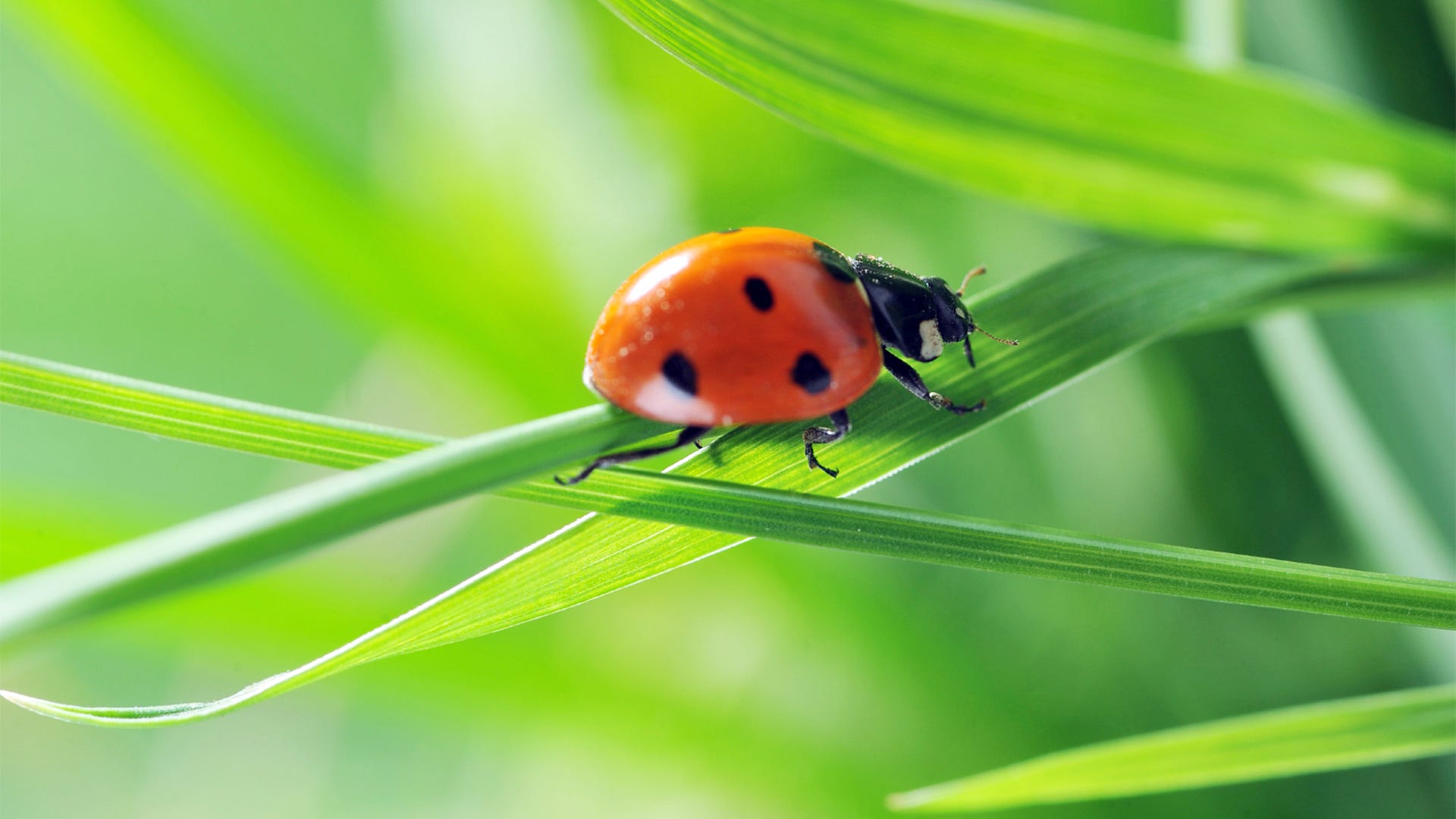
Lawn fertilizer, is essential to keeping your lawn looking great and keeping those weeds and pests under control. It’s important to remember that just like us, our lawns need nutrients to stay strong and healthy. Depending on the health of your lawn, you may need multiple applications of fertilizer but might not know where to start–luckily that’s where we can help!
When it comes to keeping your lawn happy and healthy – watering and fertilizing are the single most important thing you’ll need to do to get it right. As a baseline, you will need to fertilize a couple of times in early spring, and once again in the fall before the first snowfall. To get incredible long-lasting results we recommend fertilizing every six to eight weeks.
There are many reasons why people are choosing a more eco-friendly option for their lawns. For starters, over-fertilizing with non-organic chemicals can lead to further damaging your soil, whereas the organic options are less concentrated and therefore less likely to burn your lawn, and instead will improve the soil quality over time.
Another benefit of organic lawn care, is that it will help improve the overall health of the entire ecosystem living in your lawn, and will actually boost natural nutrients that are proven to give longer lasting results.
If you’ve maintained a lawn, chances are that you’ve experienced insects taking over the yard you’ve worked so hard to maintain. Rest assured that you are not alone in this fight, and many people are faced with this challenge. This isn’t an easy fix and often you’re left dealing with repeat offenders each year. However, at Sun Coast we are certified in integrated pest management. This extensive training has given us the knowledge and understanding of how to maintain a healthy lawn that is less appealing to certain pests, what to do when you spot one, and the options you have available, can all help to prevent insects from moving in and calling your lawn their home.


They are an eyesore, make your property look unkept and they can compete with your grass and plants for sunlight, water and essential nutrients. And while most species of weeds are just pesky, certain species are dangerous enough to disrupt natural habitats.The best time to prevent a potential weed problem is during spring. The best defense against weeds is having a strong, healthy and well fed lawn.
The Integrated Pest Management concept has evolved in response to problems caused by over-reliance on chemical pesticides. IPM sees your garden and its pests as part of a larger ecosystem and manages both with the big picture in mind. By creating an environment that’s inhospitable to pests, you can take away their advantage and give it to your plants.
Under IPM, a pest is any organism you don’t want around. This not only includes harmful bugs, but also weeds, disease-causing pathogens and uninvited critters. Effective, integrated pest management includes the following tasks:
- Identify good and bad bugs.
- Monitor pest activity regularly.
- Establish a plan before pests cause concern.
- Take prompt, effective action when needed.
Under IPM, a pest is any organism you don’t want around. This not only includes harmful bugs, but also weeds, disease-causing pathogens and uninvited critters. Effective, integrated pest management includes the following tasks:
Small dead patches caused by a number of reasons but a common but in my experience our a furry family members are commonly at fault.Our spot over-seed and feed technique is a fortified mixture of worm compost, kelp, humic acid and certified turf grass seed, which will improve soil quality, increase microbial activity and increase turf density.This simple, safe and effective solution will make that dead spot unnoticeable in a few quick weeks.

